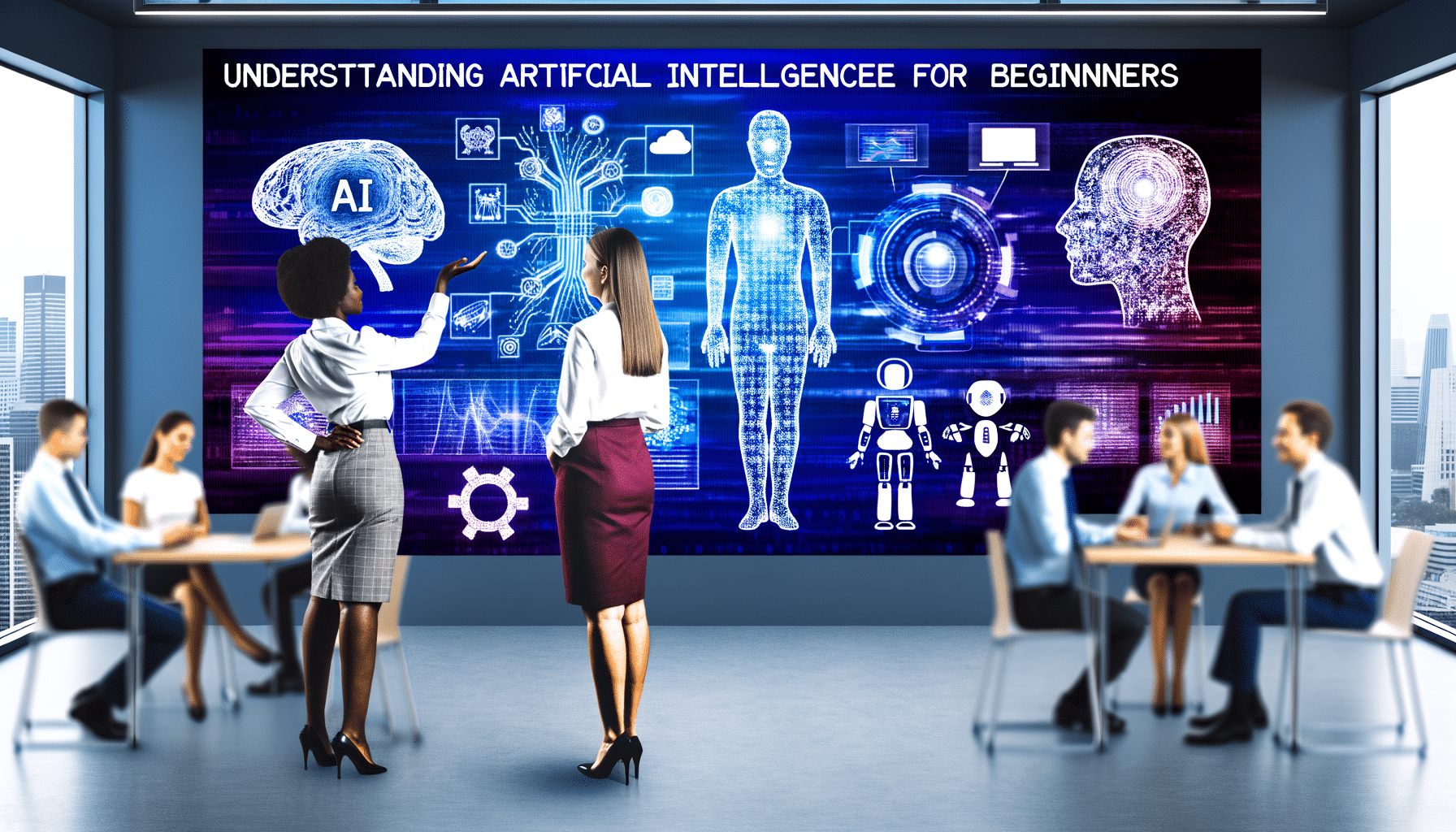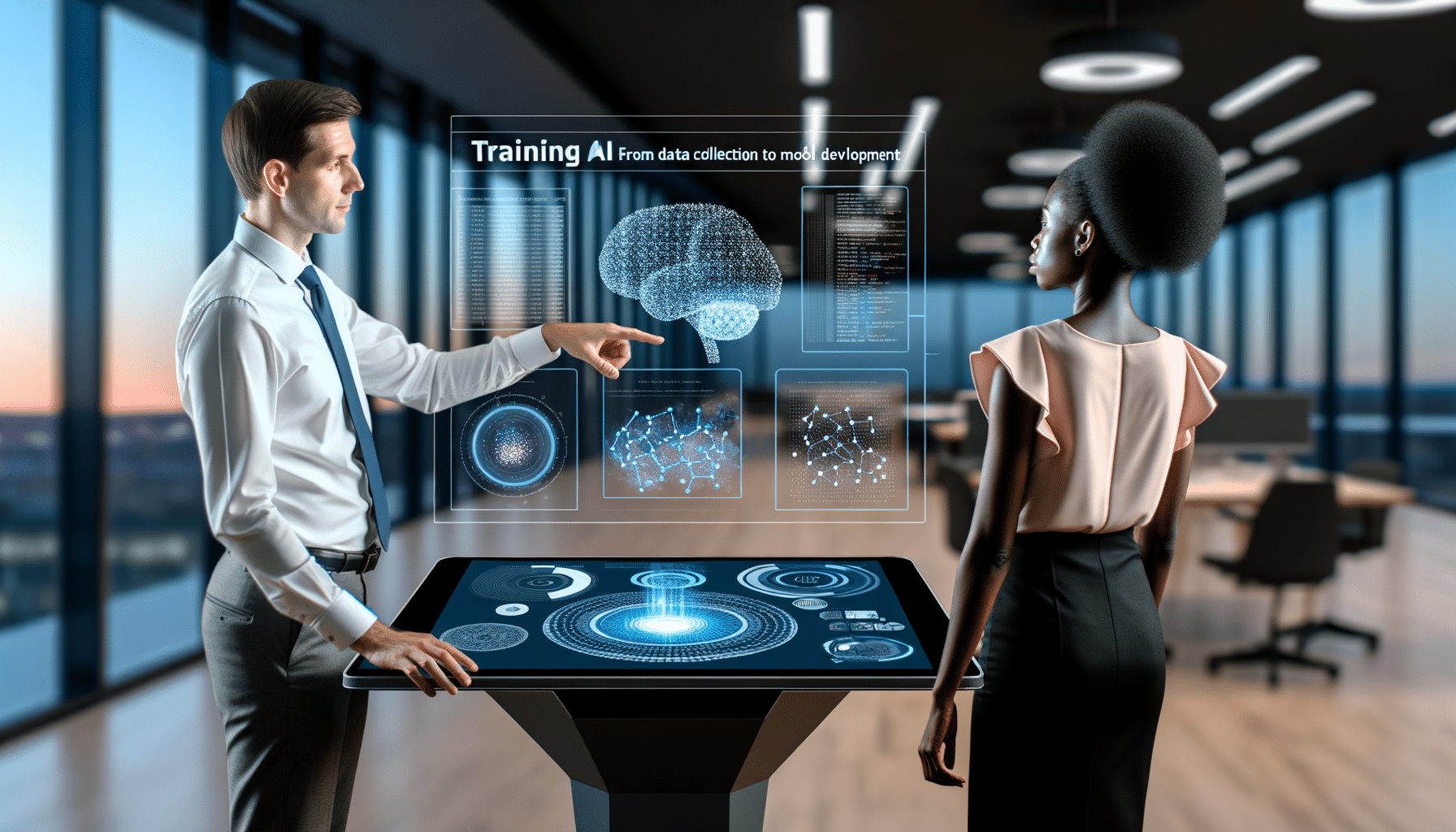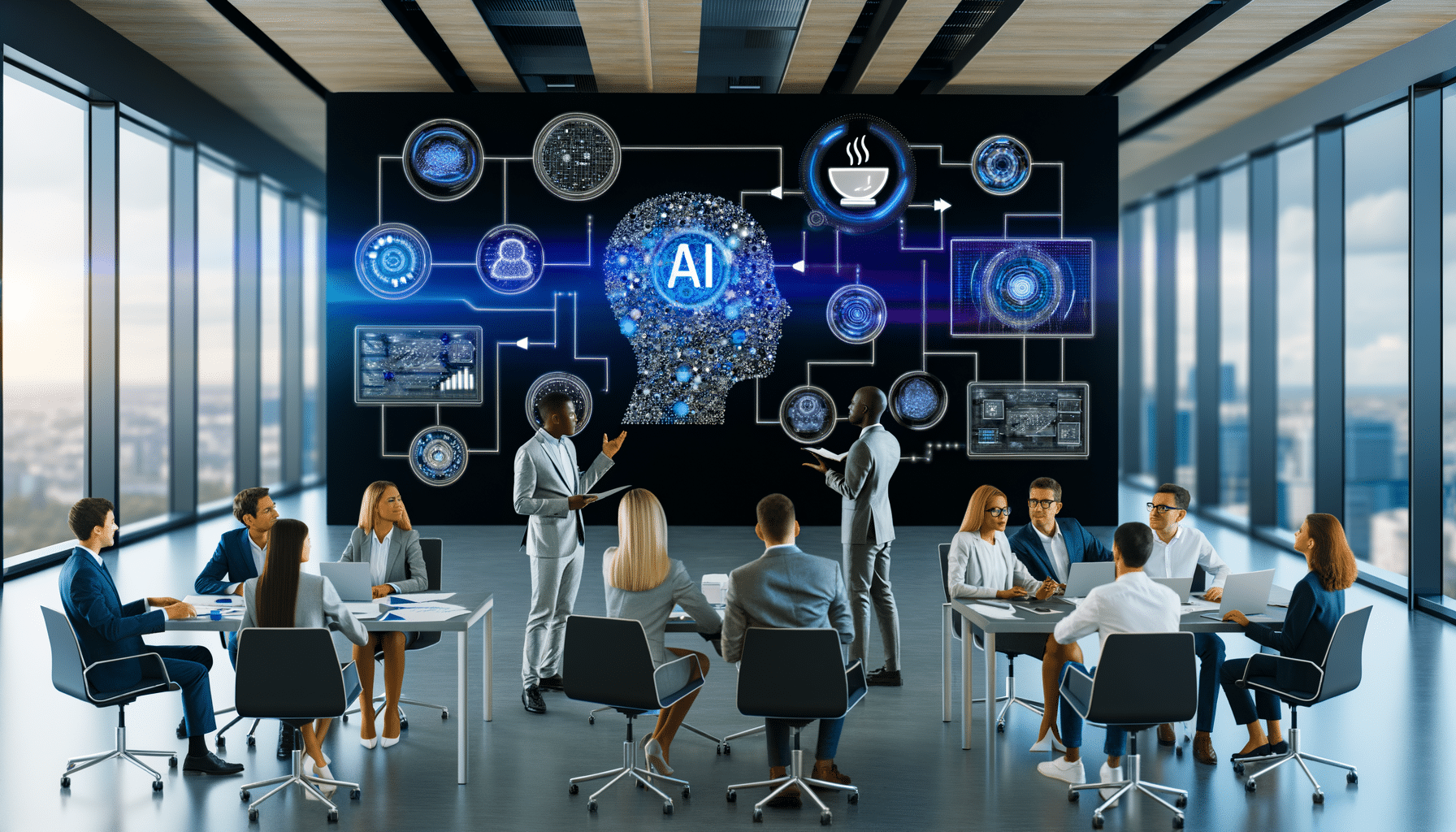- Basics
- March 24, 2023
Understanding Artificial Intelligence: Basics for Beginners

Artificial Intelligence, or AI, is no longer just a buzzword confined to tech experts and futuristic sci-fi. It’s a transformative force reshaping industries across the globe. As the founder of RecordsKeeper.AI, I find myself constantly intrigued and thrilled by the possibilities AI brings to the table. Whether you’re a legal head, a compliance officer, or simply someone interested in AI, having a clear grasp of AI Basics can be utterly empowering.
What is Artificial Intelligence?
At its core, Artificial Intelligence denotes the ability of machines to emulate intelligent human behavior. When we talk about AI Basics, we’re referring to machines performing tasks that typically require human intelligence—such as understanding natural language, recognizing patterns, and making decisions.
AI is designed to take robotics or software robotics from just obeying commands to executing tasks with a level of autonomy and insight. Understanding these AI fundamentals helps demystify how AI applications can transform mundane operations like record management into strategic advantages.
Key Components of AI
Understanding AI involves delving into the following foundational components:
- Machine Learning (ML): At the heart of AI lies Machine Learning. ML focuses on building systems that can learn from and adapt based on data. Through algorithms and statistical models, machines can identify patterns and improve task performance progressively.
- Natural Language Processing (NLP): NLP revolutionizes how machines and humans interact. By enabling machines to understand and interpret human language, businesses can leverage chatbots, voice assistants, and more sophisticated data categorization tools.
- Neural Networks: Inspired by human brain architecture, neural networks are complex systems that mimic neuronal pathways. They play a critical role in deep learning models and are pivotal in recognizing complex patterns in data sets.
- Computer Vision: This allows machines to ‘see’ and interpret visual information. From medical imaging to autonomous vehicles, computer vision is transforming industries by augmenting decision-making abilities with visual data.
Practical Applications of AI
In my journey with RecordsKeeper.AI, I’ve witnessed firsthand how AI applications make a tangible difference:
- Automated Categorization: With AI, documents are efficiently categorized, dramatically reducing the hours spent on manual sorting. This enhances productivity, allowing teams to repurpose precious time towards core tasks.
- Enhanced Security: AI-driven tools help secure sensitive documents through real-time activity tracking and regulated access. Such security measures ensure data privacy while maintaining compliance with industry standards.
- Compliance Management: AI automatically navigates complex regulatory frameworks, adjusting to compliance changes and generating audit-ready reports that are crucial for legal and compliance heads.
Challenges and Considerations
While AI offers immense potential, deploying it isn’t without its challenges:
- Data Privacy: Handling delicate data requires balancing innovation with privacy. Ensuring consent and transparency is vital.
- Bias and Fairness: Algorithms can perpetuate biases if they’re trained on skewed data. Vigilant data management practices are essential to mitigate this risk.
- Technological Limitations: Despite advancements, AI systems may still face technological constraints, given the complexity of some tasks.
Conclusion
The basics of Artificial Intelligence offer an insightful glimpse into the future—a future where record management becomes not just a task but a strategic advantage. Embracing AI can remarkably change how we perceive and utilize data, enhancing security, compliance, and efficiency. I invite you to explore the endless possibilities that AI can unfold for your organization and stay engaged with my journey here at RecordsKeeper.AI.
To delve deeper, continue following along for more insights and updates on the remarkable world of AI. Let’s navigate this transformative journey together!
Toshendra Sharma is the visionary founder and CEO of RecordsKeeper.AI, spearheading the fusion of AI and blockchain to redefine enterprise record management. With a groundbreaking approach to solving complex business challenges, Toshendra combines deep expertise in blockchain and artificial intelligence with an acute understanding of enterprise compliance and security needs.
Related Posts

Training AI: From Data Collection to Model Development
Learn the step-by-step process of training an AI model from scratch.
- March 28, 2023

How AI Works: A Behind-the-Scenes Look
Uncover the key components and processes that power AI systems.
- March 27, 2023
Archives
- December 2024
- November 2024
- October 2024
- September 2024
- August 2024
- July 2024
- June 2024
- May 2024
- April 2024
- March 2024
- February 2024
- January 2024
- December 2023
- November 2023
- October 2023
- September 2023
- August 2023
- July 2023
- June 2023
- May 2023
- April 2023
- March 2023
- February 2023
- January 2023
- December 2022
- November 2022
- October 2022
- September 2022
- March 2019
Want to get more content like this?
Signup to directly get this type of content to your inbox!!
Latest Post
Record Organization for Sales Teams
- December 26, 2024
Handling Duplicate Client Records
- December 25, 2024
Quick Reference Systems for Support Staff
- December 24, 2024
Managing Intern Document Handling
- December 23, 2024





